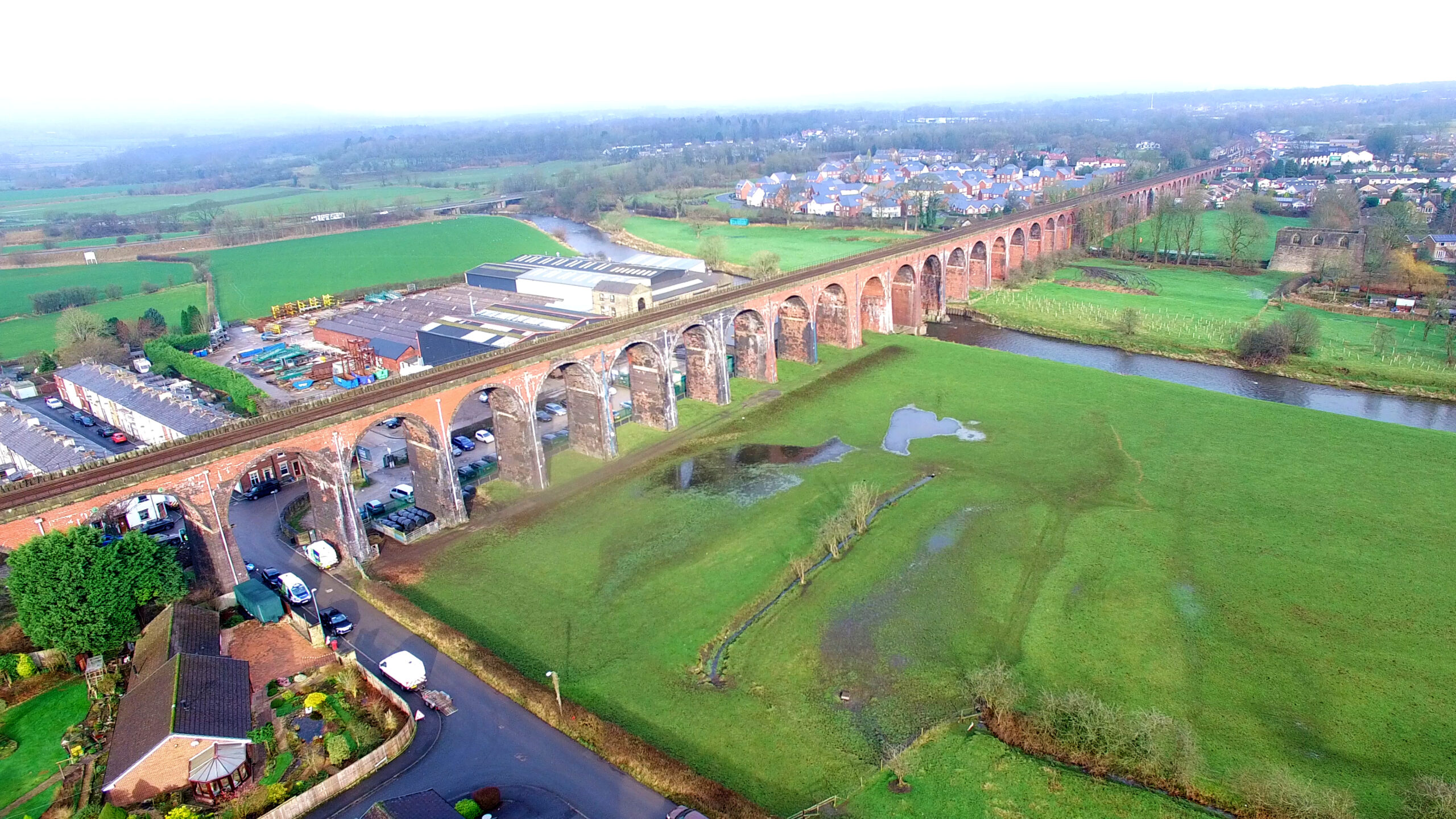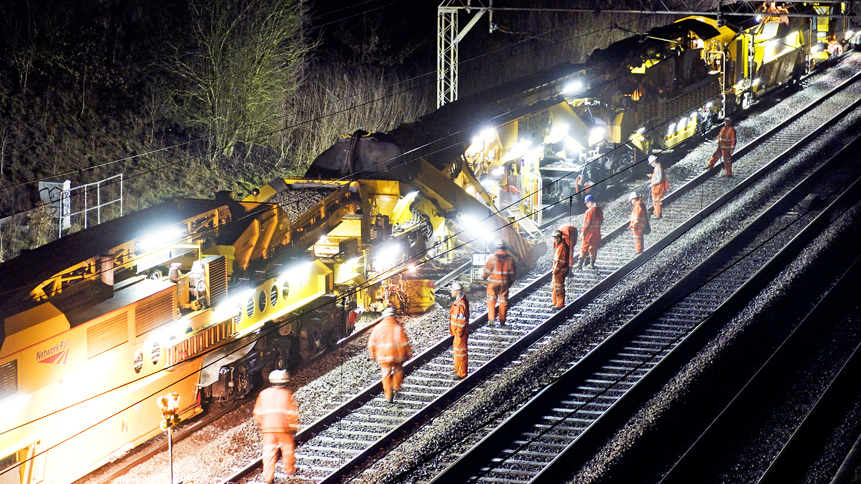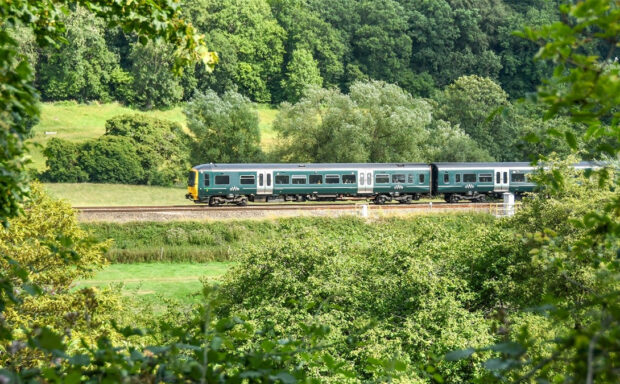It’s the 75th anniversary of Windrush Day, when the railway joins in the remembrance and celebration of the invaluable contributions the Windrush Generation have made to Britain.
On 22 June 1948, the Empire Windrush carried hundreds of passengers from the Caribbean and other countries to the UK. Many of them were responding to a call made by the British government, which sought their help to repair the country’s economy after World War II.
Judith Ibukunlayo, a project manager at Network Rail and chair of employee network Cultural Fusion, spoke passionately of the importance, “to celebrate the contributions that these people made to the building blocks of our nation”.
Judith said: “What would the railway even be like if we didn’t have this huge response?”
The railway was one of many sectors Windrush pioneers contributed so richly to.
Wilston Samuel Jackson, Britain’s first Black train driver
Wilston Samuel Jackson – known as Bill to his friends and family – made history when he became Britain’s first Black train driver in 1962. Originally from Jamaica, Bill started as a a ‘passed cleaner’ on the railway – a fireman in all but name – working his way up to a train driver 10 years later.
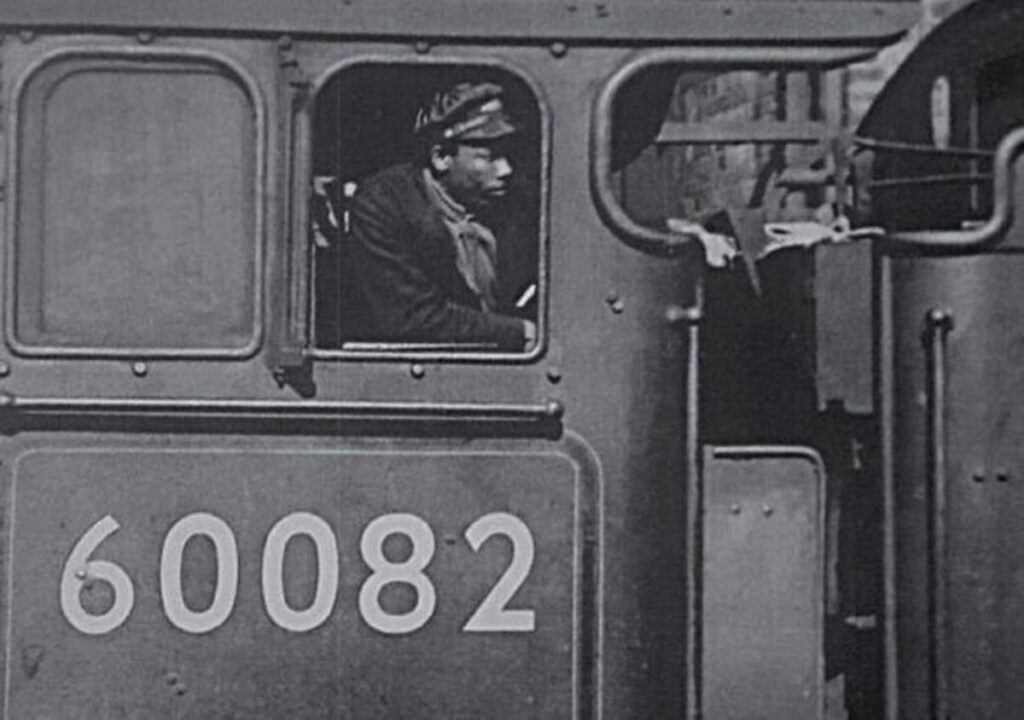
Racism was rife in Britain at the time, and there were many accounts of applications and promotions being blocked because of an individual’s skin colour or background. Bill overcame these obstacles and went on to enjoy a long and successful career. Some of the famous trains and locomotives he drove included Flying Scotsman and The Elizabethan.
Asquith Xavier, a campaigner for racial equality
Another memorable Windrush Generation figure was Asquith Xavier, who became the first Black train guard at London Euston station in 1966. Like Bill, Asquith also had to battle racism to attain his job.
Asquith migrated to England from the Caribbean island of Dominica in April 1958. He gained employment with British Rail as a porter before becoming a guard at Marylebone depot in London.
But when he applied for a transfer to Euston, he was told he was denied the job due to an unofficial ‘colour bar’ that operated at the station, excluding Black people from working in customer-facing roles.
Asquith successfully campaigned to end the racial discrimination practiced by British Rail. He did this with the support of Jimmy Prendergast, branch secretary at the National Union of Railwaymen, and Barbara Castle, the Secretary of State for Transport.
His fight for justice led to changes to the 1968 Race Relations Act, making it illegal to refuse employment, housing or public services to an individual on the grounds of their race.
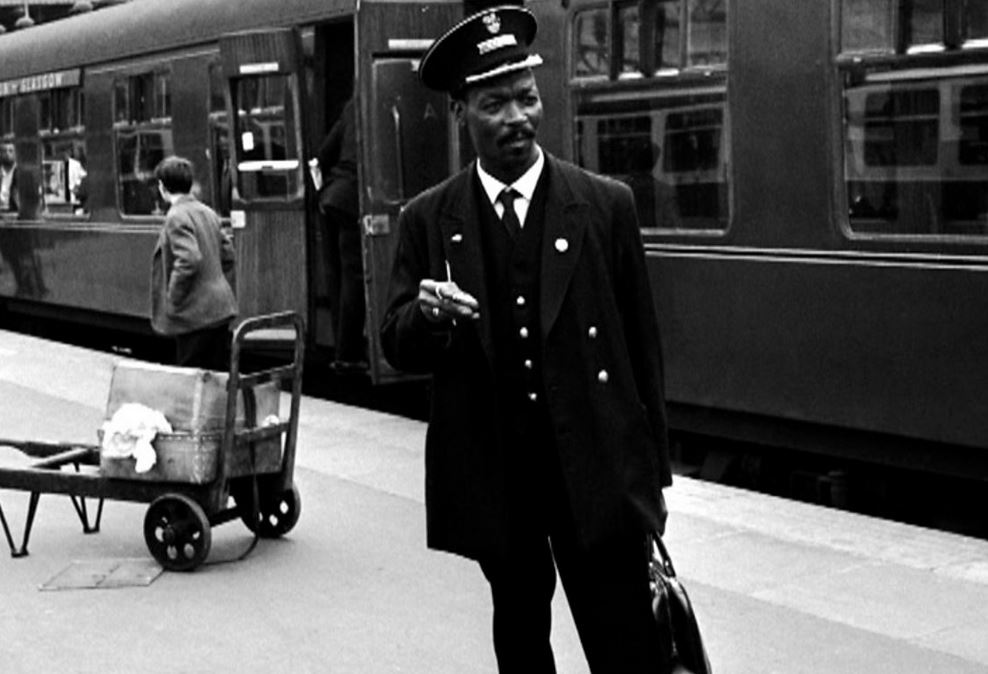
Celebrations at Network Rail
We’re proud to work collaboratively with South Western Railway, The Great British Railways Transition Team and the Windrush Commemoration Committee in a cross-industry event.
Colleagues from Network Rail, South Western Railway, Windrush Commemoration Committee and British Transport Police will come together for a commemoration ceremony and an afternoon of talks held at London Waterloo station.
Sonia Hazel, an assurance and controls manager at Network Rail who also helped organise the day, said: “Windrush 75 is an important anniversary to mark, it’s probably the last opportunity to celebrate whilst there are people alive that were on HMT Windrush.”
Sonia said: “My parents are part of this generation emigrating from the Caribbean during the 1960s and my dad remembers walking his brother to the local bus stop, to get the bus to Kingston, Jamaica in order to get a boat to the ‘mother country’. At that point, he wasn’t sure whether he would ever see his brother again, let alone go to the UK himself.”
Ellie Burrows, managing director for the Southern region at Network Rail, said: “The Windrush Generation have made a hugely positive impact on society and continue to do so. It’s a real privilege to come together to mark such a major national moment and celebrate our shared history.”
Read more:
Understanding the role of immigrants


